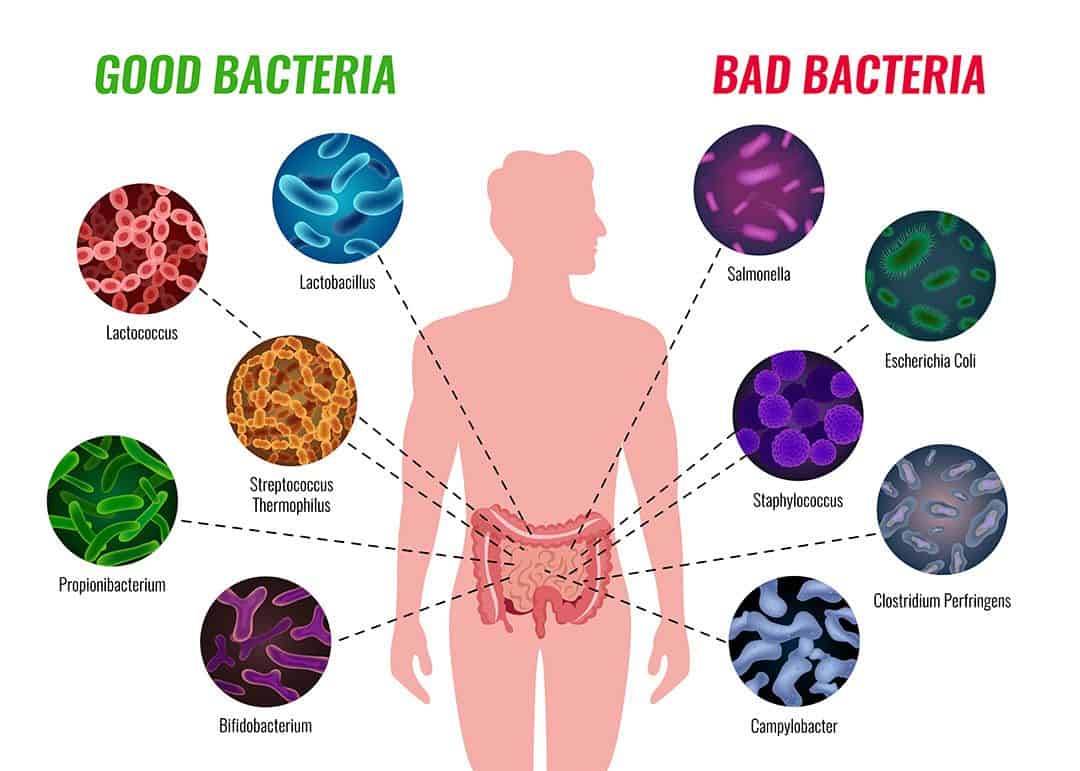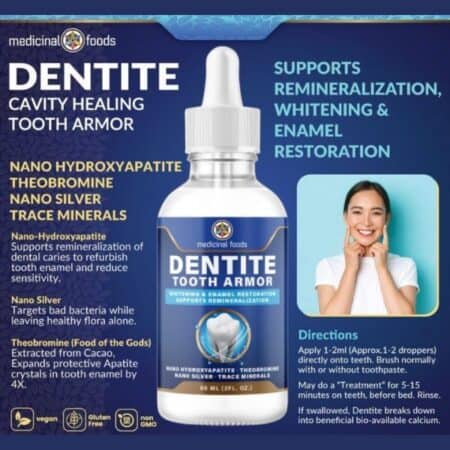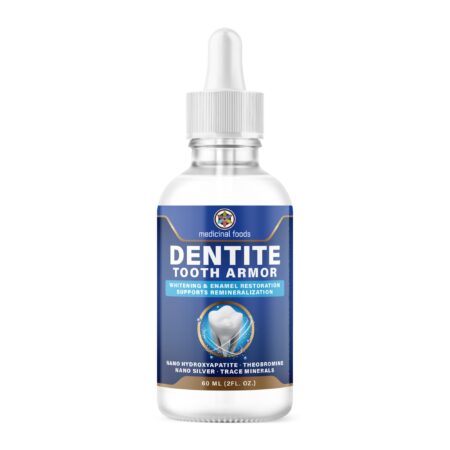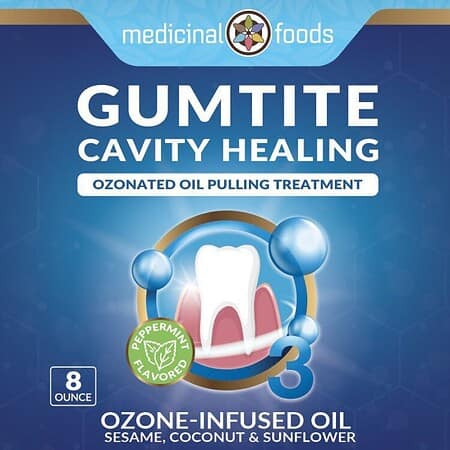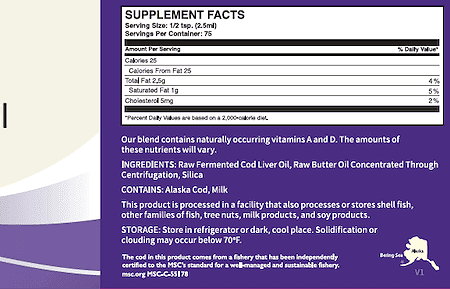You may be wondering what are probiotics used for. They are a topic that’s getting considerable attention in the nutrition world—and for a good reason.
They can benefit human health, especially when supporting gastrointestinal health and a strong immune system.
However, there is a lot of uncertainty surrounding what they are and what they can and cannot accomplish.
They are "good" or "helpful" bacteria since they contribute to maintaining a healthy gut.
They may be found in supplements and some foods like yogurt.
Doctors frequently advise them to aid with digestive issues.
What are live probiotics?
These supplements are live organisms intended to provide health advantages when consumed or applied to the body.
They may be found in dairy products, fermented foods, nutritional supplements, and cosmetic items.
Many bacterial and other micro-organisms are beneficial, even though they are typically regarded as dangerous "germs."
Bacteria assist with the breakdown of food, killing disease-causing cells, and creating vitamins.
The majority of the micro-organisms in these supplements are similar to or identical to micro-organisms that naturally inhabit your body.
What is the best probiotic?
It’s difficult to determine which of them is the best since the effects of the supplements vary from person to person, that’s what we and many have discovered.
The microbiome in your gut determines which is best for you since everyone has their distinct gut flora.
The large intestines contain up to 500 distinct types of bacteria.
It’s worth noting that most of them include a variety of live bacteria.
Probiotic supplements and probiotic foods have both been discovered to promote health, but probiotic foods are better carriers of beneficial micro-organisms.
Overall, more study and clinical research are required to establish which strains are most effective and in what situations.
What are some probiotics?
Here are some of the healthiest supplement foods you may consume to maintain a healthy and balanced diet.
Yogurt
Yogurt is one of the most effective and readily accessible sources of these supplements.
It’s made from pasteurized milk fermented by two types of bacteria, specifically lactobacillus and yogurt, which is excellent for building muscles and bones.
Yogurt may help to relieve and manage antibiotic-induced diarrhea in children.
However, not all yogurts contain them; some are heat-treated, typically killing beneficial micro-organisms.
Traditional buttermilk
The term "buttermilk" refers to some fermented dairy beverages, not just the liquid produced from churning butter.
Traditional buttermilk and cultured buttermilk are the two major types of buttermilk.
Buttermilk is the milk that remains after butter has been produced.
This one is the only type that includes them, and it’s sometimes referred to as grandma’s probiotic.
Traditional buttermilk is consumed primarily in India, Nepal, and Pakistan.
Cultured buttermilk, often found in American supermarkets, and does not contain any it qualities.
Buttermilk is a cholesterol-free, fat-free dairy product high in calcium and phosphorus. It also contains vitamins B12, riboflavin, calcium, and phosphorus.
Pickles
Pickles are a popular brand of these supplements in India.
It’s typically produced using sea salt and water.
Check to see whether vinegar may be used while preparing it, as it might not contain it bacteria.
Pickles are a good source of potassium, vitamin K, and salt.
Kombucha
Kombucha is a fermented beverage formed from black or green tea and a symbiotic culture of bacteria and yeast (SCOBY).
For optimum results, purchase a low-sugar, refrigerated Kombucha.
Kimchi
Kimchi is a fermented dish high in these supplements with many health advantages.
It’s a fermented dish originating in Asia mostly made of cabbage and radishes.
Kimchi has lactic acid bacteria Lactobacillus kimchi and other lactic acid bacteria that can aid digestive health.
Kimchi is high in vitamins and minerals, including vitamin K, riboflavin (vitamin B2), and iron.
Sauerkraut
Sauerkraut is a cabbage that has been fermented and is high in them, which may help to promote gut health and increase your immune system.
It’s even higher in lactobacillus than yogurt. Also, it contains antioxidants lutein and zeaxanthin, which aid in maintaining healthy eyes.
Cheese
Cheese is fermented in various ways, but that doesn’t imply all types of cheese provide them.
Cheddar, mozzarella, Swiss, and other hard cheeses produced from unpasteurized milk are typically infused with beneficial germs.
Note that the longer cheese is stored, the more supplement bacteria it contains.
Kefir
If you have lactose intolerance, Kefir would be the most incredible alternative.
Kefir is a supplement milk beverage produced by combining kefir grains with cow or goat’s milk.
Kefir has been discovered to colonize the intestinal tract, making it more likely to deliver its healing benefits to your stomach.
How do they work?
The major function of them, or good bacteria, is to maintain a healthy equilibrium in your body system.
Consider it as a method of keeping your body neutral.
Bad bacteria grow in number when you are unwell, and they invade your body.
This puts your body out of balance.
Good bacteria work to eradicate harmful germs and restore balance in your body, allowing you to feel better.
Good bacteria keep you healthy by assisting your immune system and reducing inflammation.
Some types of beneficial bacteria may also:
- Assist your digestive system in the processing of food
- Keep harmful germs from getting out of control and causing you to become ill
- Create vitamins
- Your blood contains immune cells that keep harmful germs from entering your veins, such as bacteria you have consumed (through food or beverages).
- Breakdown and absorb medications
Your body is naturally maintaining a delicate equilibrium all of the time.
To effectuate this, you do not need to take supplements.
Bacteria are a natural component of your body.
Every day, consuming a nutritious diet that includes fiber helps to keep the correct number of beneficial micro-organisms.
Is it possible to use them to treat medical issues?
There are many studies currently around the idea that they may help your body.
Although there are several possible advantages, researchers continue to search for final answers into how they may help with various health issues.
They, however, can aid in the treatment of a few medical problems.
This can vary from person to person, so what works for you may not work for another person and varies based on the particular brand taken.
However, increasing the number of supplements in your body (through diet or supplements) might aid with the following issues:
- Diarrhea
- Constipation
- Inflammatory bowel disease (IBD)
- Irritable bowel syndrome (IBS)
- Yeast infections
- Urinary tract infections
- Gum disease
- Lactose intolerance
- Eczema (atopic dermatitis)
- Sepsis (particularly in infants)
Are they safe?
The supplement bacteria are generally considered safe to consume because they already exist naturally in your body.
They may cause allergic reactions, and they can also produce stomach upset, constipation, gas (passing gas), and bloating for the first few days after beginning to take them.
Certain individuals should be cautious when taking this supplement.
Some people are prone to infection. These individuals include those who have:
- A critical illness
- Recently had surgery
- A weakened immune system
- When giving them to very sick infants, caution should be taken
Conclusion
A healthy gut requires more than simply taking this supplement.
A healthy diet and regular exercise are just as crucial since numerous lifestyle elements influence your gut bacteria.
However, this supplement may provide various health benefits with few side effects.
If you want to boost your gut health, they may be worth a try.
Ensure you talk to your doctor first so that you’re using the proper strains at the right dosages and avoiding any adverse effects.
Use a high-quality supplement, start slowly, and seek advice from a competent healthcare provider about what are probiotics used for.


